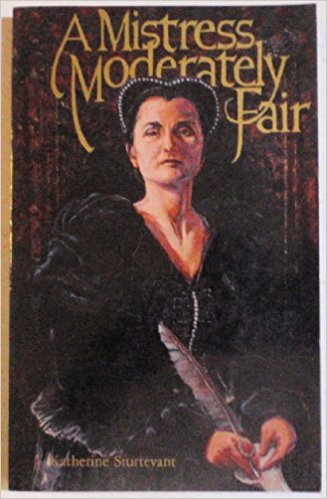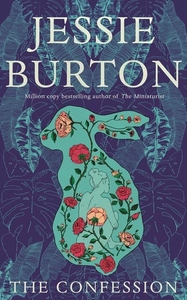I love queer fairytale retellings! Although I do not think this is much of a fairytale. It’s set in the Arabian Nights fantasy world and has a few elements of the folktale Aladdin, in the sense that there is a poor messenger who’s however a girl and there is a genie, who’s not really a genie.
Adijan is a messenger girl, who dreams of having her own business and is a bit too fond of drinking despite being really hard-working. She’s married to Shalimar, a very kind woman who is always happy and yet always thought of as simple, much to Adijan’s annoyance. It is evident that Adijan loves Shalimar, but she is also slave to vices and wasn’t such a good spouse. This book, full of adventure and Adijan being kicked out from countless places, follows the journey of Adijan to try and get back Shalimar from where she is being kept by her brother Hadim.
While set in an invented Arabian country, Adijan and Shalimar’s relationship is accepted and legitimate. The problem lies in wealth not in their orientation and love. Something that really bothered me was that Adijan was continuously misgendered and most times she did not correct these assumptions where from her gender expression and clothing her gender was judged.
Adijan and the ‘genie’, don’t really get on at first. However, I thought it was great that even though they did not like each other, they were respectful, using correct names, considerately describing time and place and consoling one another. They eventually come to understand and care for one another. Nonetheless, you also see two people battling their wills against each other because they both have big and fundamental dreams.
Injustices to the social system, especially in courts and wealth are addressed. It’s a book that says a lot about non-materialistic values. For someone that was looking to get rich, Adijan got that freedom and love were priceless. Privilege was understood as it was lost. For being a fun book, it also has serious themes.
I really enjoyed the characters of Zobeidé once she stopped getting on my nerves, and of Adijan’s aunt Takush who owns a ‘friendly house’ and her suitor Fakir. A bonus in this book were the insults which often contain some form of ‘camel’ to them.
I liked how Zobeidé did not forgive simply because her old tutor apologized and said he was set up to do what he did. Stripping freedom from someone is inexcusable.
This book ended on a great note. Something that was lost, even if in a land of magic, was still not magically made better and in that it was realistic. To end, you find yourself being angry at Adijan, then pitying her and then laughing at something. This book is a fast read and a true adventure.




